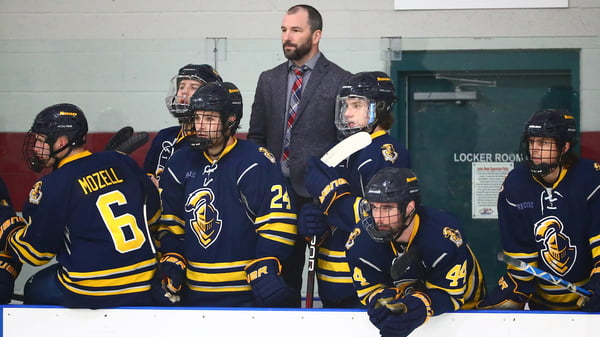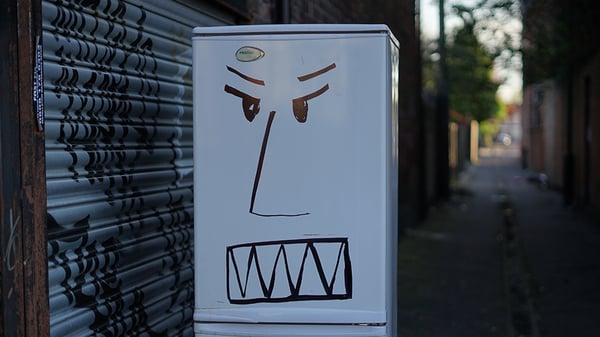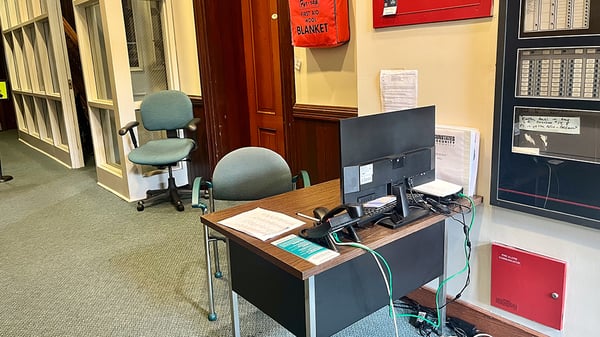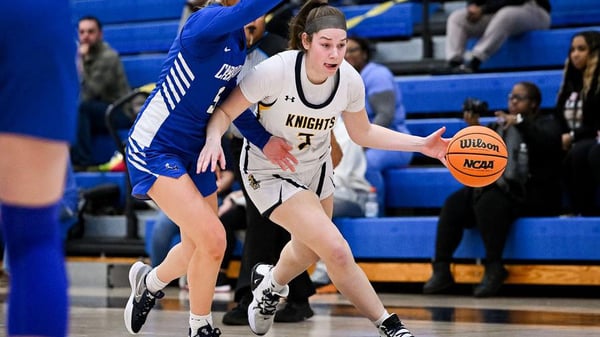Neumann Athletics is brimming with excitement as it welcomes back ice hockey alum, Michael Hedden,...
Panel addresses race and resilience
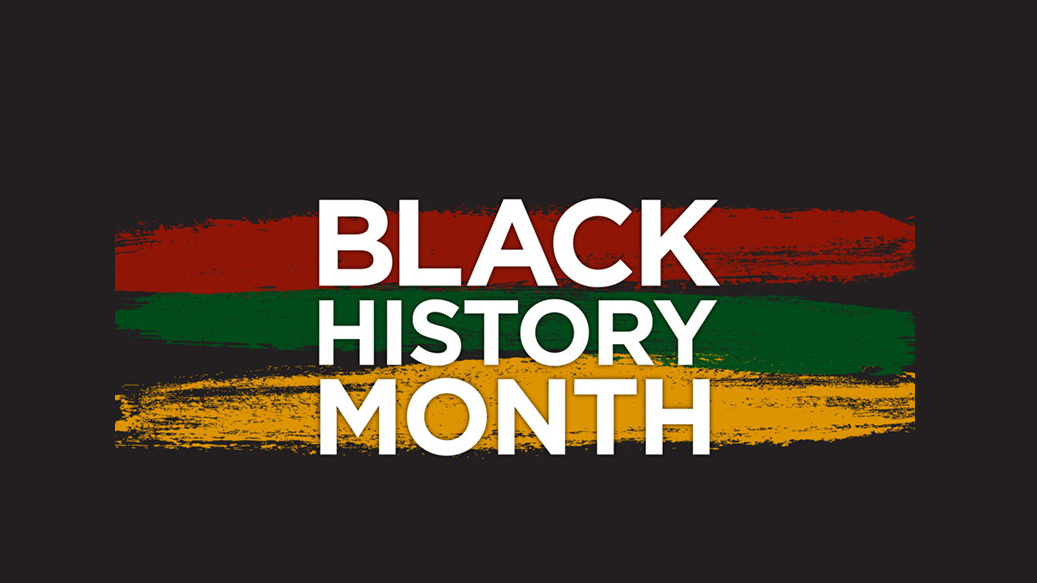
Resilience is a part of the Black experience. This facet of African American life was the focus of a February 17 panel discussion entitled Resilience: Overcoming Obstacles to Personal and Professional Growth.
"Resilience is looking at how to recover from downfalls and evaluating what steps to take in order to move forward," said panelist Kali Brown, adjunct professor of nursing.
Dr. Michelle Santana, chief diversity officer, asserts that to be resilient, it is necessary to understand who you are so that you can return to who you are when you face challenging situations.
According to Marie Ranselle, assistant professor of nursing, Black people often experience microaggression -- assertions, actions, or incidents that constitute indirect, subtle, or unintentional discrimination against members of marginalized groups such as racial or ethnic minorities. This fact Is complicated by an expectation of toughness from Black individuals.
Sionna Collins, a first-year student, learned about the necessity of resilience only after she arrived on campus. She faces numerous challenges as a college student, and through her experiences with her peers, she has developed a sense of resilience.
Before attending college, Collins did not understand the concept of resiliency. Now she does and is still learning ways to strengthen that characteristic in her daily campus life.
Some white people in attendance at the panel discussion shared what they have learned from Black friends and colleagues.
Sr Patricia Hutchison, director of the Neumann Institute for Franciscan Studies, chimed in to express how she observed her POC (People of Color) sisters experiencing microaggressions. She learned a great deal about how to respond to these situations and to be sensitive to their feelings.
Professor Robert Kennedy expressed that he learned resilience from Black people during his college years and that the experience truly touched him thereafter.
The significance of both experiences can be seen in the fact that the white participants in the discussion acknowledged the Black experience and learned from it and are incorporating it now into their everyday lives. Hutchison and Kennedy displayed a great deal of emotion in their comments.
"Gratitude to this group. I appreciate those who shared themselves today and made space to listen," said Marisa Rauscher, a professor of education.
The event was bookended with Bible readings by Joseph Glass, associate professor of communication and digital media and theology, ending on Psalm 146, a verse that speaks to the theme of the panel.
He upholds the cause of the oppressed
and gives food to the hungry.
The Lord sets prisoners free,
the Lord gives sight to the blind,
the Lord lifts up those who are bowed down,
The Lord loves the righteous.
The event was an opportunity for the Neumann community to reflect on race and resilience.

